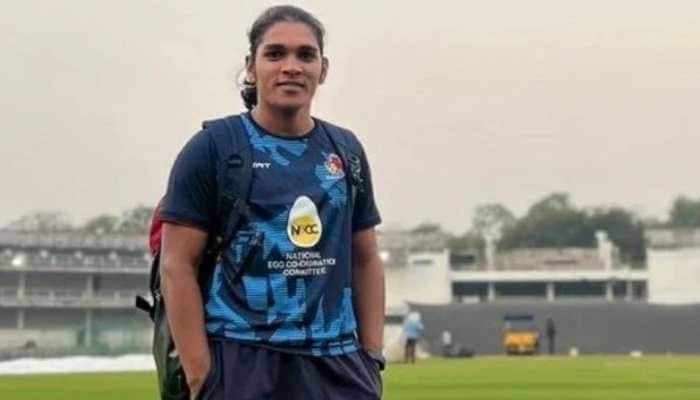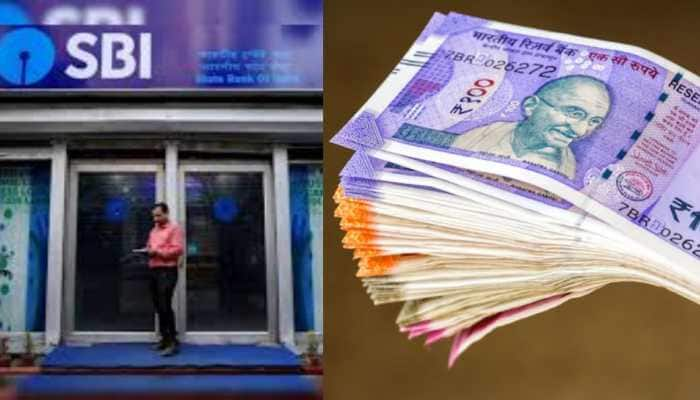Indonesia's Widodo masters the politics, but reform agenda fades
As growth slowed to its weakest for six years in 2015, Widodo began rolling out a series of deregulation packages to drive industry and employment beyond the economy`s traditional mainstays of agriculture and mineral extraction.
Trending Photos
)
Jakarta: As he heads towards the end of his second year as Indonesia`s president, Joko Widodo has never looked stronger: a crowd of political parties backs him, he is riding high in opinion polls and the economy is beginning to bounce off the bottom.
But Widodo, popularly known as Jokowi, appears to have managed his recovery by soft-pedalling on the political and economic reforms that he had promised in the world`s fourth-most populous nation when he stood for election in 2014.
Instead, he has concentrated on building alliances to bolster his authority, an echo of former strongman Suharto, whose mastery of political dealmaking kept him in power for more than three decades.
"He`s turning into a new Suharto," said one senior official, pointing to the "disciplined, cool-headed calculation" of a cabinet reshuffle in July in which Widodo handed positions to parties across the political spectrum.
Presidential spokesman Johan Budi said Widodo was "not yet thinking" about the 2019 election. "He is focused on this period and on working for the prosperity of the people," Budi said.
Analysts say Widodo`s political manoeuvring probably means he will be less inclined to pursue radical change in Southeast Asia`s largest economy, whose over-dependence on resource exports has been painfully exposed by the recent slump in commodity prices.
That was not in the script when the former furniture salesman, who grew up in a riverside slum of central Java, won the presidency.
The first leader of modern Indonesia not to come from the military or political elite, Widodo was widely expected to shake up the establishment. Supporters said he would root out corruption, promote people based on merit rather than connections and create an environment for investment to flow into the stalling economy.
"Instead of changing the game, as he promised voters, Jokowi has begun to master it," said Aaron Connelly, a research fellow at the Lowy Institute for International Affairs in Sydney.
Marcus Mietzner, an associate professor at the Australian National University`s College of Asia and the Pacific, added:
"He has - sadly but correctly - established for himself that these issues will not win or lose elections, so he ignores them."
Aides said Widodo was hamstrung when he came to office because he did not have a parliamentary majority to push through reforms and because he was held back by former president Megawati Sukarnoputri, the domineering head of his political party, the Democratic Party of Struggle (PDI-P).
They say that the 55-year-old president is difficult to read, but after several run-ins with Megawati it was clear he had decided to bring the PDI-P to heel and win the backing of other parties.
His big break came in January this year when Golkar, the country`s second-largest party with nearly 15 percent of parliament`s seats, agreed to support Widodo`s coalition.
With last month`s cabinet picks, he drew several parties closer to him, cementing support from about two-thirds of parliament`s members and ensuring that he no longer relied on one party for his political survival.
"These parties have each pushed their own agenda with Jokowi, but he has made sure to get what he needs from them too," said Eva Kusuma Sundari, a senior PDI-P lawmaker.
After more than a year of being undermined by ministers speaking out of turn and at cross-purposes, there was no doubt that Widodo was asserting his control with the latest reshuffle.
From now on ministers will not be allowed to have a "vision and mission" of their own, he told his new team after their inauguration. "No more going it alone."
The appointment of Sri Mulyani Indrawati, the World Bank`s managing director, as finance minister in July`s reshuffle raised hopes that market reforms were indeed coming.
Widodo made another signature appointment in a cabinet reshuffle last year, handing the trade ministry to a Westernised former Wall Street banker. Tom Lembong, who left his private equity firm in Singapore to join the government, has since been a close adviser to Widodo and now heads the investment board.
As growth slowed to its weakest for six years in 2015, Widodo began rolling out a series of deregulation packages to drive industry and employment beyond the economy`s traditional mainstays of agriculture and mineral extraction.
The senior official said that with a recent opinion poll showing popular support for the president at 68 percent, the highest since he took office, and with so much cross-party support, he can now push ahead with difficult economic reforms such as opening up long-protected industries.
However, analysts say that after nearly two years it is still not clear if Widodo favours the free market or protectionism because his policies have been so inconsistent.
"Largely it`s nibbling at the edges, so when people use language like reform, I don`t think it`s appropriate," said Matthew Busch, a consultant focusing on economic and investment issues in Indonesia.
Stay informed on all the latest news, real-time breaking news updates, and follow all the important headlines in india news and world News on Zee News.
Advertisement
Live Tv
Advertisement







)
)
)
)
)
)
)
)
)
)
